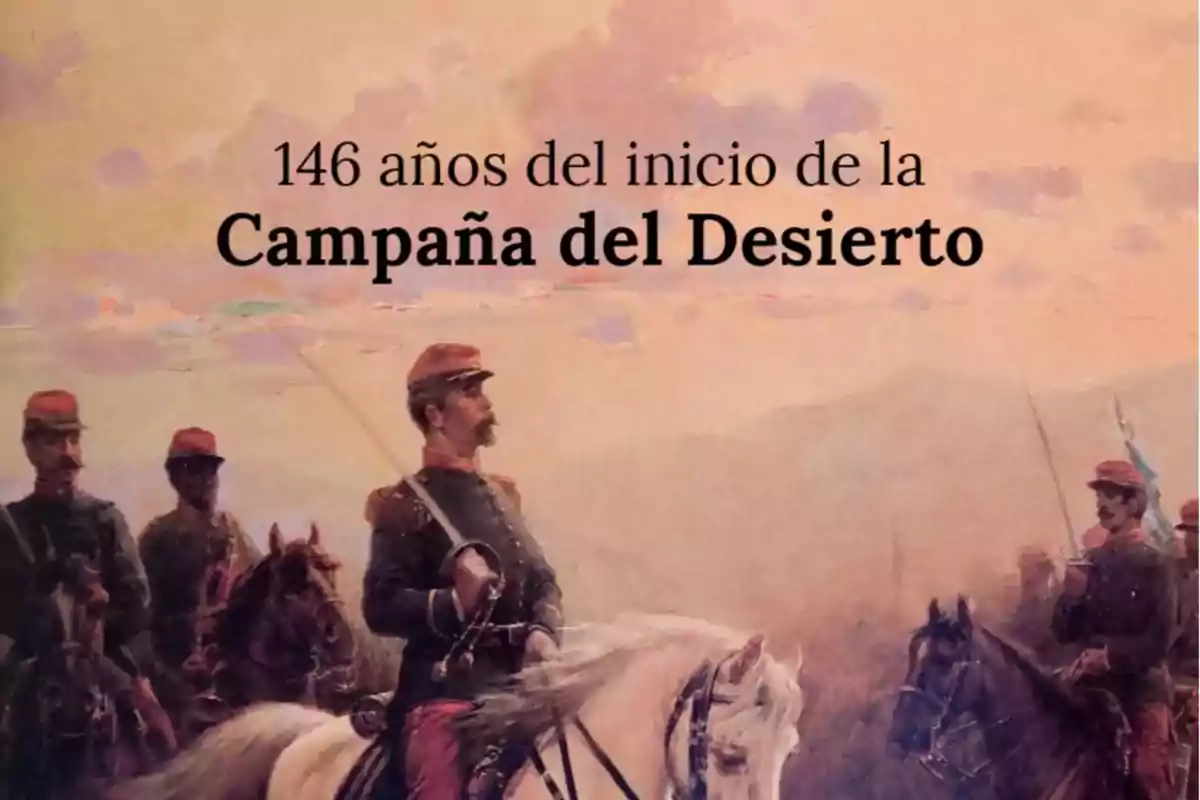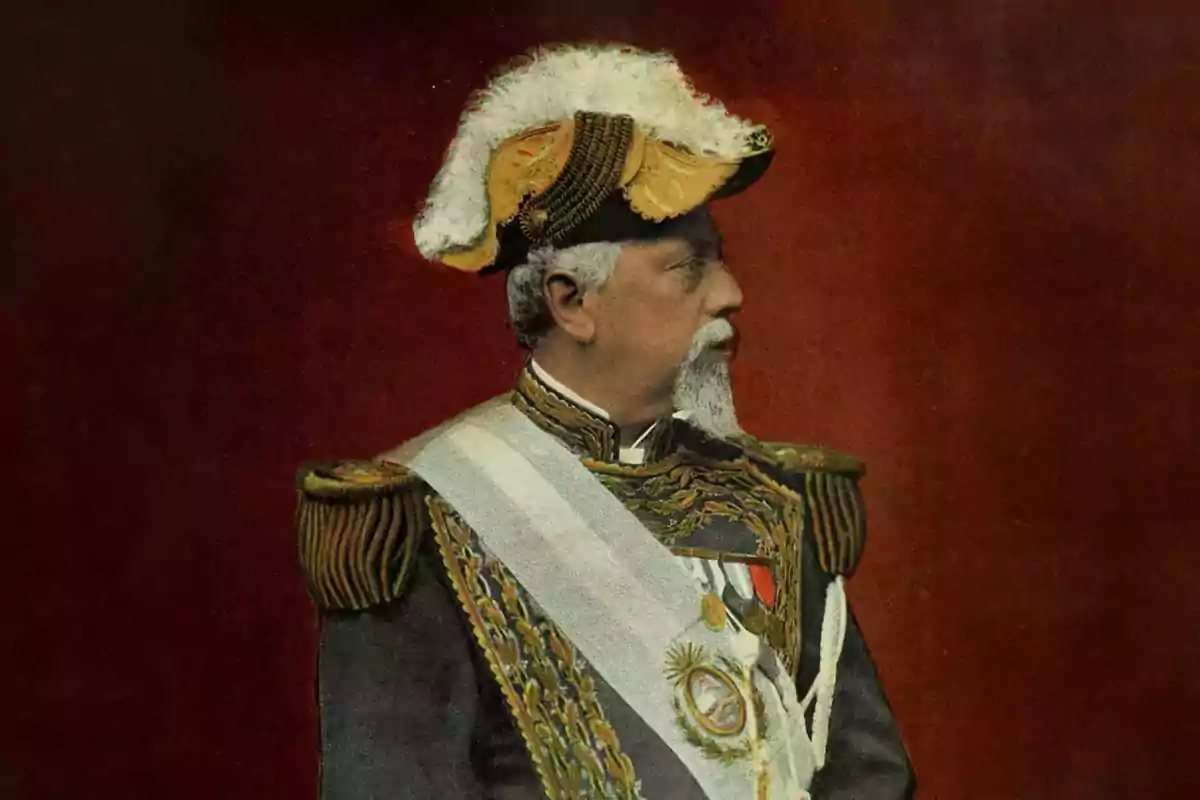
The Desert Campaign was an act of civilization, not a genocide
It's time to reclaim Roca's feat and rescue from oblivion the true meaning of the Desert Campaign
This April 16 marked 146 years since the start of the Desert Campaign, an essential process for the territorial, institutional, and economic consolidation of modern Argentina. However, what should be a moment of patriotic reflection is, year after year, hijacked by a toxic and reductionist narrative: that of historical revisionism, which has transformed soldiers into genocides, heroes into villains, and the national state into a machinery of extermination.
The Desert Campaign was not a genocide, but a necessity. It was a state action aimed at incorporating territories that escaped the control of the central government, where the law of the strongest prevailed and where continuous raids—assault, robbery, and death—created a climate of constant insecurity. It was not a war of extermination against indigenous peoples, as some want to present today, but a political, military, and strategic action to guarantee sovereignty, order, and peace throughout Argentine territory.
It is enough to recall the words of Lucio V. Mansilla, who, after living with indigenous peoples in his famous work "Una excursión a los indios ranqueles," made it clear that violence was not the exclusive domain of the State, but part of a much more complex conflict. The raids were not simple desperate responses, but organized incursions that murdered, kidnapped women and children, and ravaged estates.

But revisionism doesn't seek to understand history in its context: it trims, deforms, and turns it into an ideological banner. For them, anything that smells of authority, civilization, or national defense is oppression. The same people who idealize Marxist guerrillas that sowed terror in the 70s now lament the "invasion" of the desert as if Roca had ordered the Holocaust.
Julio Argentino Roca, on the other hand, was a builder. Under his command, Argentina went from being a fragmented and vulnerable country to a unified nation, with clear borders, effective state presence, and productive potential. It was thanks to that campaign that Argentina incorporated Patagonia, extended the railroad, promoted immigration, and placed the country on the threshold of becoming one of the world's agro-exporting powers.
In the words of historian Félix Luna, who can't be accused of being ultraconservative, Roca was "the most effective politician the country had in the 19th century." His action, far from being criminal, was profoundly rational: "If we didn't do it, the Chileans would," Luna warned in his classes.
Meanwhile, José Ignacio García Hamilton, a liberal and defender of individual rights, pointed out that the Desert Campaign was an inevitable step toward national modernization. "The formation of the national state required delimiting the territory, imposing the law, and ensuring property. Without that, there are no rights to protect or justice to guarantee," he wrote in his book "Los amores de la historia."

Can there be rights without a State? Can there be coexistence without law? Can there be a nation without sovereign territory? Revisionism, trapped in its ideological infantilism, answers these questions with empty slogans and repeats the script of a supposed "genocidal Argentina," in an obsession that borders on the self-destructive.
Revisionism also ignores that many chiefs signed agreements with the State, that some indigenous peoples voluntarily integrated, and that conflicts between tribes were frequent and violent. The idealized vision of the "noble savage" doesn't withstand either the archive or common sense.
Of course, the Desert Campaign had episodes of brutality, like any war. It would be absurd to deny it. But reducing it to a massacre is as senseless as calling the conquest of America by the Spaniards or the Italian unification by Garibaldi a genocide. The history of peoples is made of conflicts, clashes, and difficult decisions. Judging the past with the moralistic lens of the present is not a virtue: it is a vice.
Argentina doesn't need more revisionism: it needs to recover its historical self-esteem, reconcile with its essential processes, and understand that without Roca, without the campaign, without the consolidated national state, there would be no democracy, no human rights, no possible republic.
Today, 146 years after that feat, it is time to stop apologizing for having built a country. It is time to say clearly that the Desert Campaign was a legitimate, necessary, and patriotic action. And that its protagonist, far from being erased from banknotes, deserves to be remembered for what he was: a brilliant strategist and a father of modern Argentina.
More posts: